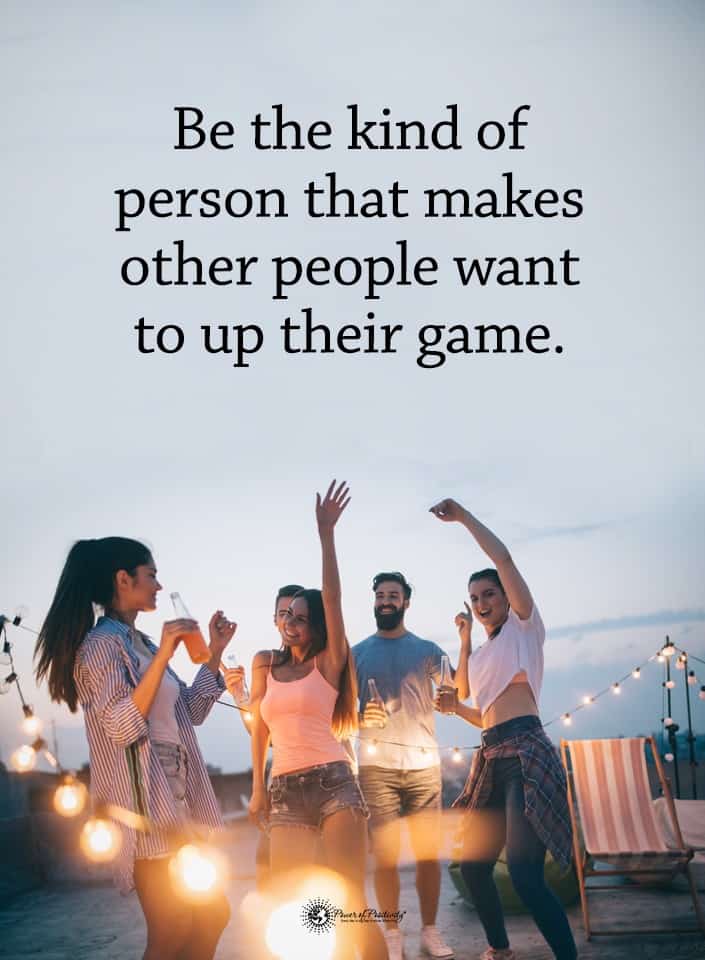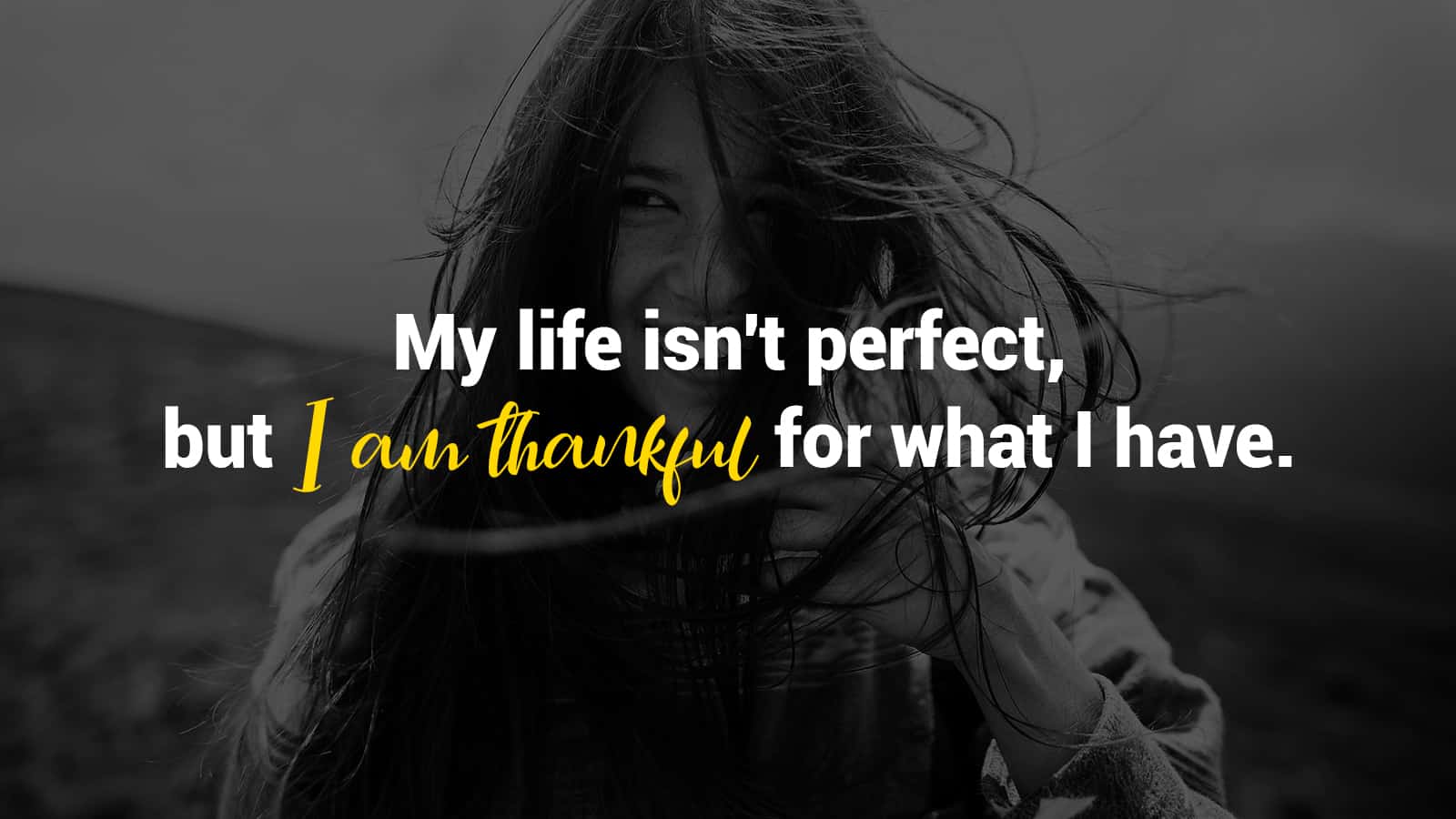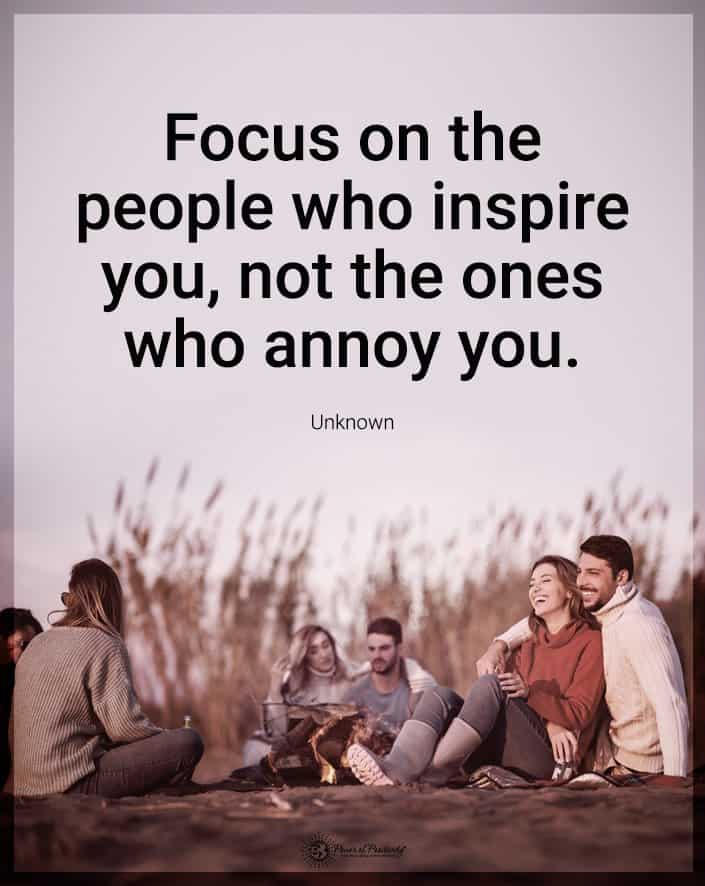Friendship is the cornerstone of human bonding. It’s how we find happiness in social interaction and develop meaningful relationships. But where did this need to bond begin? What can the evolution of friendship tell us about our modern world and the relationships we find in it?
The subject is not without its fair share of dubious and under-researched areas. But, for the most part, we do have some understanding of what it means to be a friend, how humans began forming friends, and where that leaves us today. Here is the evolution of friendship, according to experts and studies.
1. Early Humans and The Necessity Of Friendship For Survival
The evolution of friendship begins at the very start of our lives as human beings, dating back millennia. This is why friendship is an adaptive trait, and bonding was something our ancestors did to make their lives easier. This is not to say that the friendships were calculative but necessary.
Close friendships were crucial to the survival of early humans, writes Michael R. Kauth, Ph.D. for the Baylor College of Medicine. Here, the expert works as a professor in the Menninger Department of Psychiatry and Behavioral Sciences. He is also a research author of many studies in his field.
Kauth explains that close, loving platonic bonds were necessary for old social structures. It is worth noting here that most research into the evolution of friendship focuses on male bonding. However, there is little reason to suggest that facts related to male bonding cannot apply to female bonding, and most experts agree with that sentiment.
The Evolution Of Friendship in Hunter-Gatherer Societies
Early hunter-gatherers lived in groups of up to a hundred people, most of whom were unrelated. For the most part, they separated the day-to-day social activities by gender. Men would leave their homes to hunt, connect with other camps, and seek difficult-to-obtain resources. They would often be gone for days, traveling in groups before returning home.
Meanwhile, women needed to handle pregnancy and childcare. This duty meant they had little choice but to stay close to their camps, unable to follow the men outdoors. This social construct also left them with many more “domestic” duties, such as repairing clothing, cooking, gathering, and tending to the ill.
Each person’s survival required the cooperation of all and the careful selection of mates. Strong same-gender alliances were crucial to greater reproductive success among groups of hunter-gatherers. They provided separated genders with the ability to help each other in their segregated tasks. This arrangement allowed them to perform better. Furthermore, it ensured that there were enough resources for the family to survive.

That Evolution Of Friendship Shifts to Meet Modern Demands
Modern hunter-gatherer societies continue to utilize close same-gender friendships to secure better-shared resources. They interact with friends as much as they do with family members, research shows. Our ancient ancestors survived through close friendships that helped further their reproductive success and life safety. This is where, in the evolution of friendship, our be can begin to trace social history.
2. The Evolution of Friendship and Its Implications For “True” Friendship
Our ancestors formed friendships as a strategic means of cooperation. They relied on this for their survival, which was the starting point in the evolution of friendship. There was a sort of quid-pro-quo situation – people helped each other, and they understood that through friendship, they were performing an exchange of tasks that bettered both lives.
This isn’t to say that people didn’t form meaningful, genuine platonic bonds alongside the convenience of bonding. Human beings have known love and compassion for a long time, and altruism has been baked into our societies for millennia. However, it also brings a reality that some may find uncomfortable. We form friendships because we feel, to some degree, that they’re beneficial to us.
It’s easy to see the effects of this reality. For example, some friendships fall apart when they’re no longer convenient to keep. If there are friends you had years ago but stopped interacting regularly. You may not have felt motivated to maintain a close bond with most of them. Sure, maybe you can keep in touch or have a drink together whenever you’re in town. But you’re likely not as close as you used to be, with only rare exceptions.
A Natural Ebb And Flow Occurs During The Evolution Of Friendship
There’s nothing wrong with friendships fading or ending, of course. Again, friends must find the relationship and its maintenance mutually beneficial, and if they don’t, it’s reasonable that they go their separate ways. But that also means many people emphasize lifelong friendships or “true friends” who won’t ever let the bond die.
Here, friendships as we know them to deviate from just practicality and the need for survival. You see, the fact is that there’s an inherent paradox in the concept of a mutually beneficial, quid-pro-quo style friendship, say studies. The paradox is this: you will need a friend most when you are the least likely to be able to repay them. For example, you’ll likely most need a friend when you’re sick, broke, or grieving.
This is why some friends disappear the second the going gets tough. You know them by a simple term: fair-weather friends–buddies who only want to be around when you’re in a good place. This context means that modern-day friendship includes additional factors that come naturally to us as we gain and lose friends over time. We naturally tune into the following truths:
· We Want Our Friends To Find Us Unique
When you’re “unique” to a friend group, you become more valuable in their eyes. You also probably consider yourself more securely when you feel you have something to offer. This “uniqueness” may come in the form of being the best cook among your friends, having a beneficial skill, or being the only one with a car, for example. Regardless of what it is, it sets you apart and makes you essential.
· You Feel Indebted To Those Who Help You When You Can’t Reciprocate
If someone does something generous for you as a gesture of true friendship, you still feel indebted to them. Even though your friend is not asking you for a trade or demanding reciprocity, it’s natural for you to want to reciprocate when you can. You may even worry that this friend is holding this “debt” against you and will become angry with you if you’re not there for them in turn.

· Friends Are Harder To Make And Keep In Modern Times
Sure, our world has problems, but it’s also one of the safest periods of human history. Gone are the days when you were doomed if you didn’t form friendships. While there are mental and physical health benefits to having friends, you can manage without them somewhat. This self-sufficiency may be why it’s getting harder to make friends and maintain bonds now, despite all the technology we have at our disposal for such tasks. This shift also means we can be pickier with friends, and if we want only positive people in our lives, we might be freer in cutting old ties.
This is why modern-day friendship emphasizes true friends who are there with you through thick and thin. On an evolutionary level, we recognize that relationships are often quid-pro-quo, and none of us want someone to abandon us in our time of need.
This is how the evolution of friendship has brought us to a place where we want validation from potential friends to ensure that they’re in it with us for the long haul. We need to trust that our best friends are not just there for their benefit.
3. The Evolution Of Friendship In Humans By Age
You know now, about the evolution of friendship from the perspective of early human social systems and modern social psychology. But what about from the standpoint of age? How do you make friendships at different points of life? Why is it so much easier to make friends when you’re younger? Here’s how the evolution of friendship development occurs across other age groups:
· Childhood
Children often make friends based on things they share in common, say experts. This stems from physical proximity and shared activities, such as going to the same school. Through these social activities, kids learn empathy and develop necessary social skills. Importantly, they make friends via having fun together and through openness, so the similarity of circumstances alone isn’t sufficient. They have to enjoy playing together and need to be open to each other. When these parameters go unmet, kids feel free and happy with their friends.
· Adolescence
The need for reciprocity begins to make itself known at this stage of life, say studies. Adolescents are known to choose friends based on their dispositions, personalities, characteristics, and shared values and interests. They will avoid any potential friends who display behavior they dislike or won’t fulfill their personal needs.
· Adulthood
Adults need friends for better well-being, and they value the companionship and emotional support that they gain from it. Most adults will struggle to make genuine friends in a workplace environment because of the competitive nature of being co-workers. This causes relationships at work to feel more transactional, so adults are less likely to find “true” friendships due to the quid-pro-quo situation. As a result, most adults don’t have many close friends, usually with just a couple of them.
· The Evolution Of Friendship Shifts Dramatically For Seniors
Older adults benefit significantly from having friends who can help their everyday lives and keep them in good health. Senior citizens without friends are more likely to “settle” for forming friendships with other seniors who need more friends, even if their values don’t match up. The more transactional exchange is not necessarily a bad thing. Indeed, older adults know how difficult it is to make and keep friends you can relate to at this point in life.
Final Thoughts On The Evolution Of Friendship, According To Counselors
The evolution of friendship is complex. Human beings have gone from necessary relationships for survival to now realizing that transactional, quid-pro-quo arrangements are all too common. We prize true friendships while understanding that they’re challenging to achieve, affecting how we engage others at different points of life.
The post The Evolution of Friendship, According to Counselors appeared first on Power of Positivity: Positive Thinking & Attitude.







